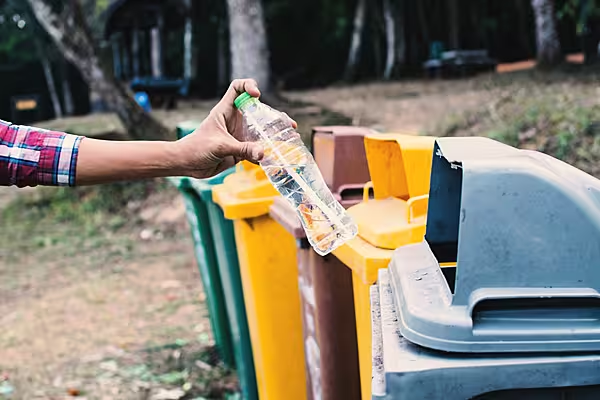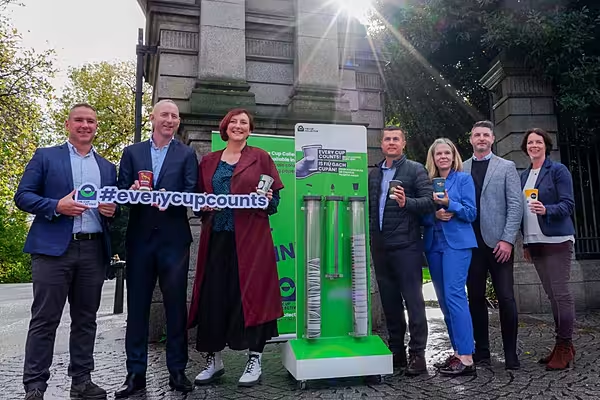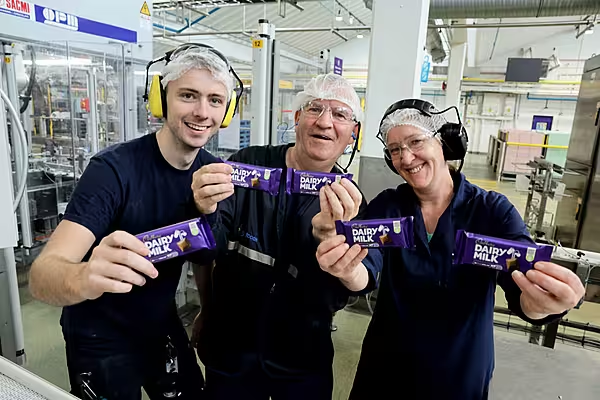Ireland is preparing to change the way it recycles with its upcoming deposit return scheme. Peter Whelan, sales manager Ireland, Tomra Collection UK & Ireland, looks at what this means for retailers.
Ireland’s deposit return scheme (DRS) going live in February 2024 will be an exciting step in the country’s transition to a more circular economy.
The scheme will help to tackle the estimated one billion plastic bottles and 1.6 million aluminium cans that are thought to currently end up in landfills/incinerators or littered in the environment (Source: Voice Ireland).
In a deposit return scheme, a refundable deposit is placed on single use drinks containers, which is then refunded to the consumer when they return their bottles and cans for recycling.
The aim of a DRS is to increase recycling rates and reduce drinks container litter.
Ireland’s DRS will include PET plastic bottles and metal cans and is planned to be a ‘return to retail’ scheme. This means that retailers will offer a return point for shoppers to return their empty bottles and cans for recycling and also pay back the deposit per container.
How does a deposit return scheme work?
In a deposit return scheme, consumers pay a refundable deposit when purchasing their drink.
They then receive it back when they return the bottle or can to a designated return point.
Once the bottles and cans are collected, the scheme operator will pick them up and send them for recycling.
An easy way to think about it is that consumers are ‘buying the drink and borrowing the bottle’.
How can retailers collect the bottles and cans back from shoppers?
There are two ways of offering a return point: manual take back or by using a reverse vending machine. With manual take back, retailers accept bottles back over the counter, and they scan and store them for collection.
With a reverse vending machine, the machine automates the process: scanning the containers, storing them and paying out the deposit.
In other countries around the world, retailers who sell larger volumes of drinks containers usually see a benefit when automating returns with a reverse vending machine.
Are retailers paid for offering a return point?
Retailers will receive a handling fee from the scheme administrator, Re-Turn, for every eligible container that they collect.
This handling fee is designed to cover the costs associated with the DRS and the exact amount will be published as we get closer to the scheme go live date.
How can retailers prepare?
Retailers should register as a return point via the Re-Turn website. For those retailers planning to use reverse vending equipment, start thinking about where a machine could go in the store.
TOMRA offers machines as small as 0.6 square metres, reducing how much space is needed.
Ireland’s deposit return scheme will be a change for retailers, but DRS is a tried and tested system that is running successfully in many countries, including Norway, Sweden, Finland, and Germany, among others. In these countries, retailers successfully provide this recycling service for their shoppers, and it has become an expected part of the overall shopping experience.
To find out more about deposit return schemes and reverse vending technology, visit Tomra.com
Read More: Minister Smyth Tells Checkout Why Ireland Needs A Deposit Return Scheme
© 2023 Checkout – your source for the latest Irish retail news. Article by Peter Whelan. For more packaging news, click here. Click subscribe to sign up for the Checkout print edition.









